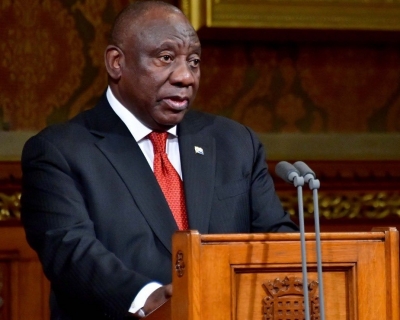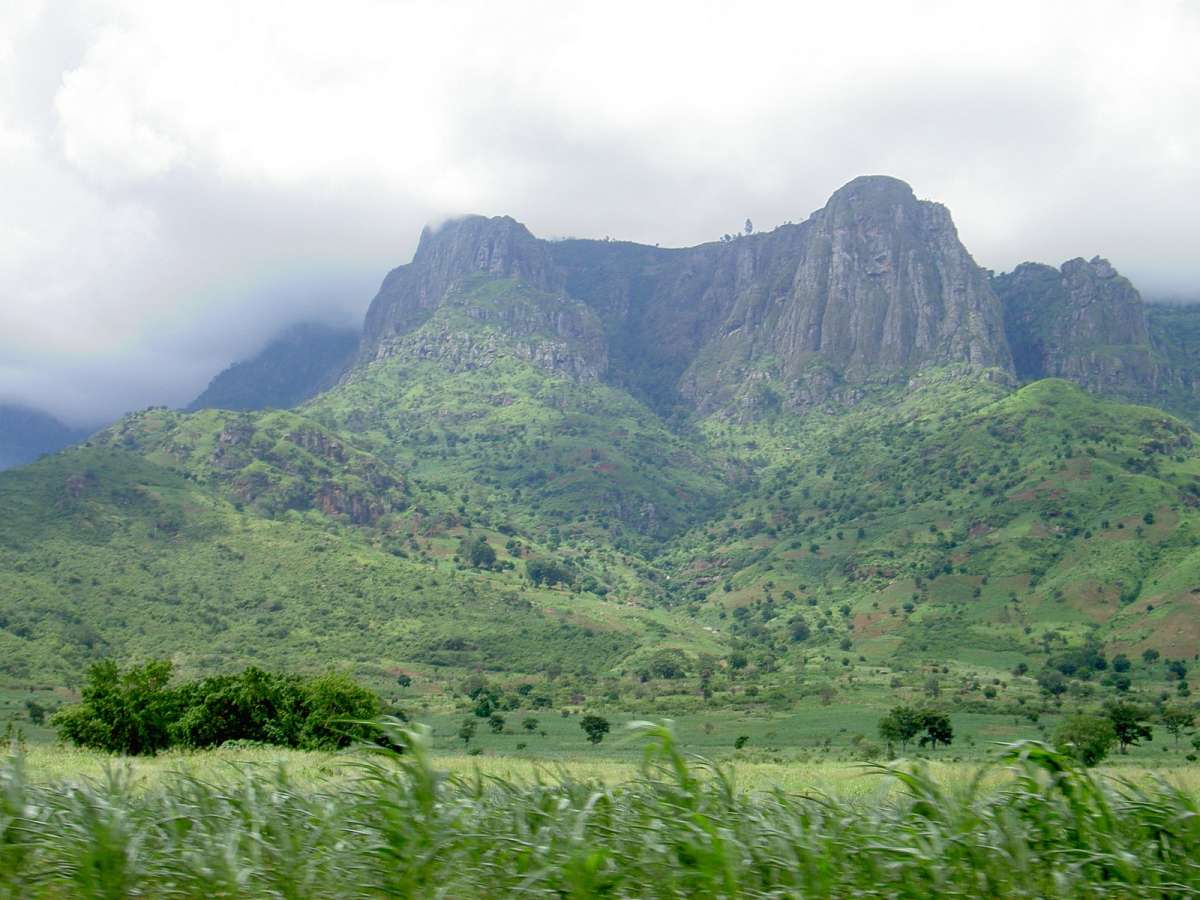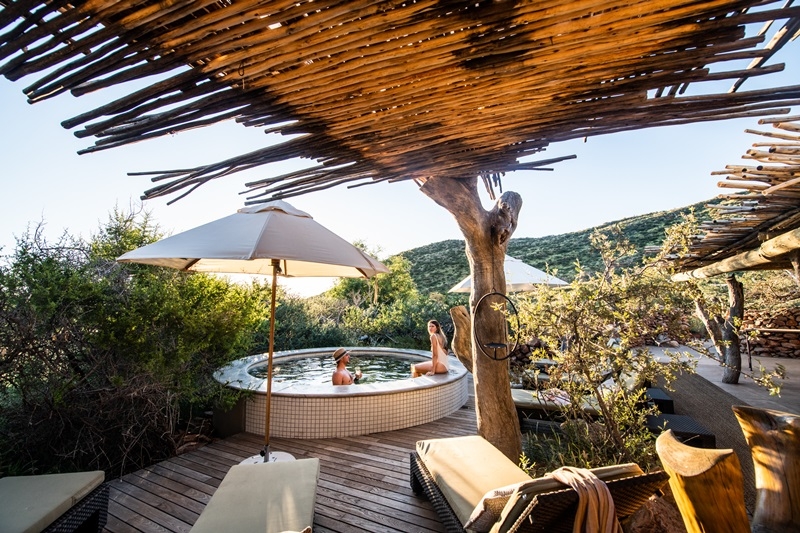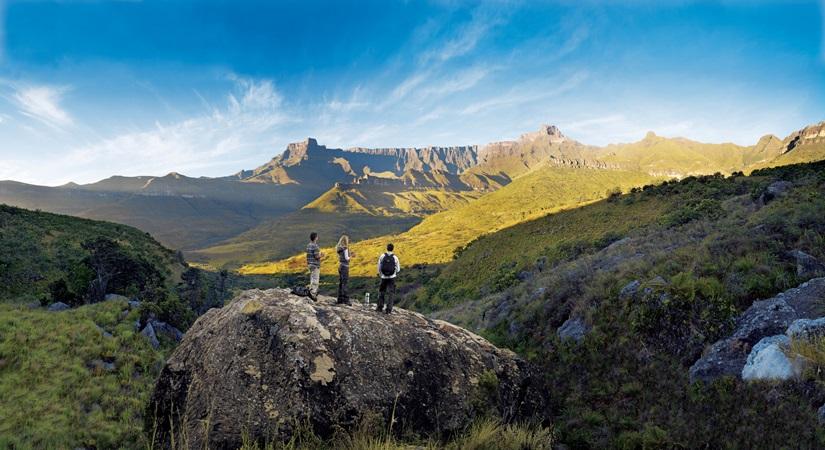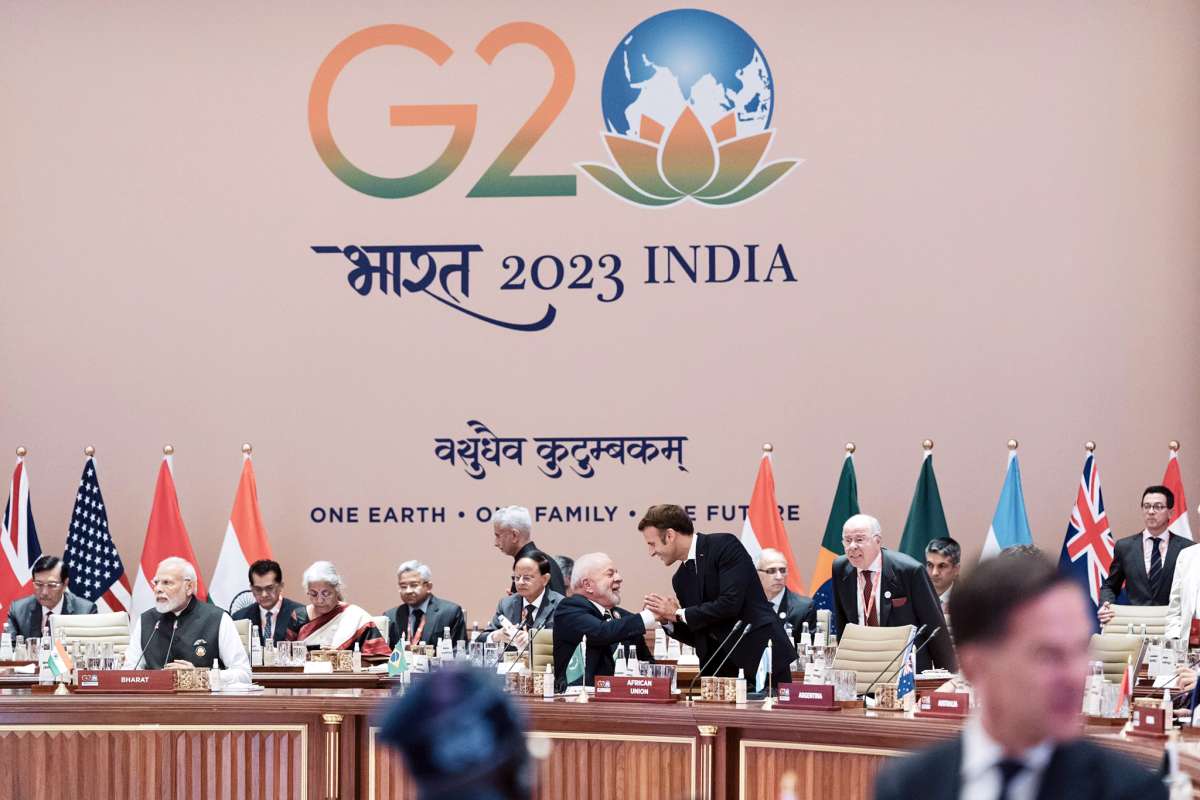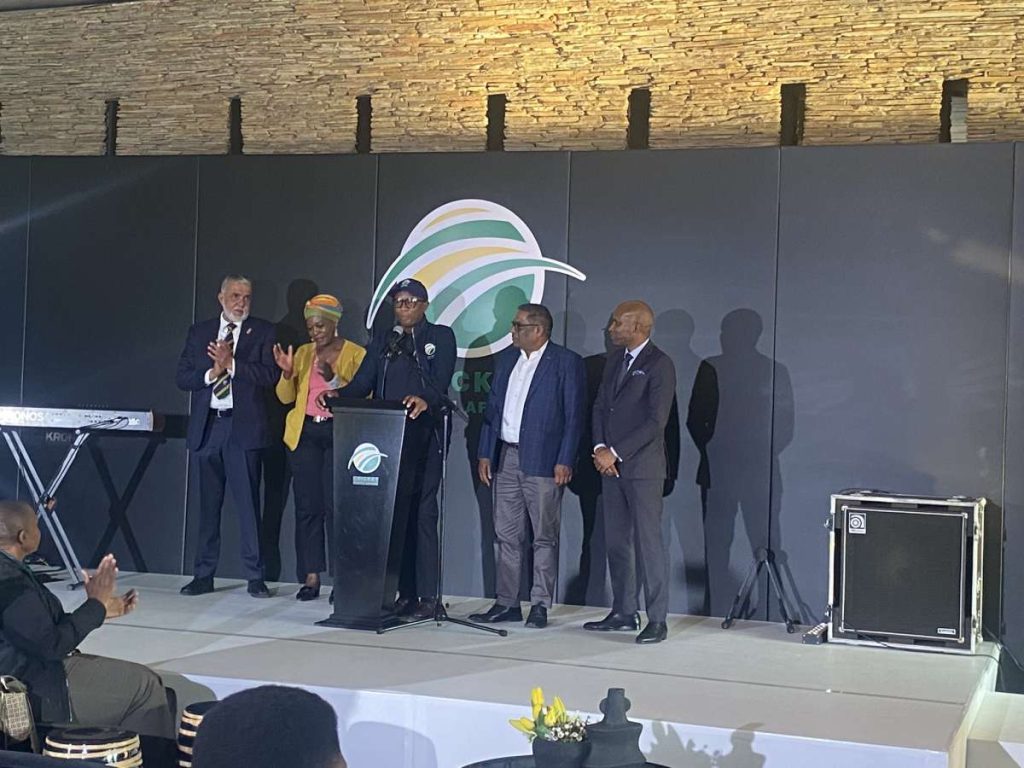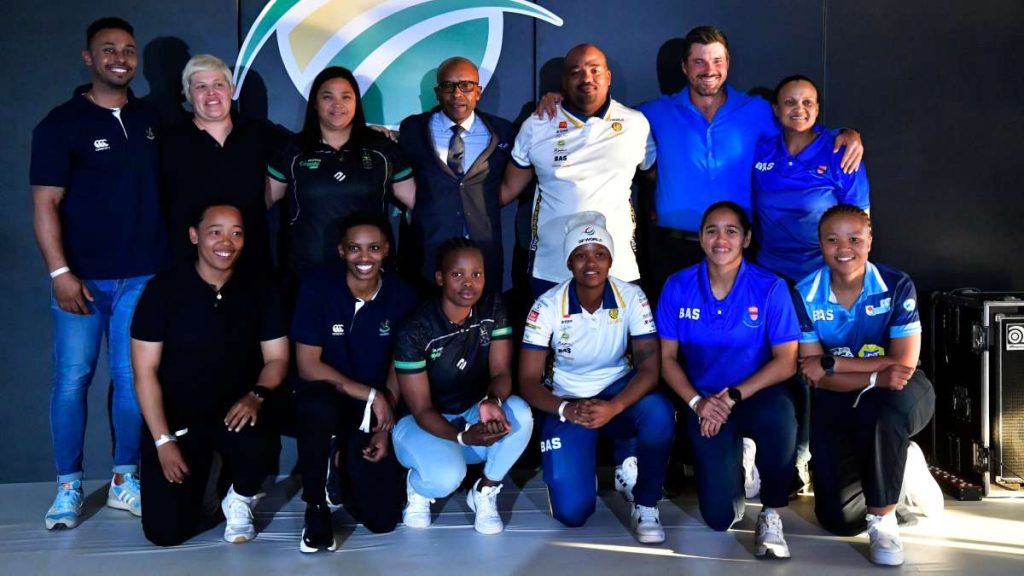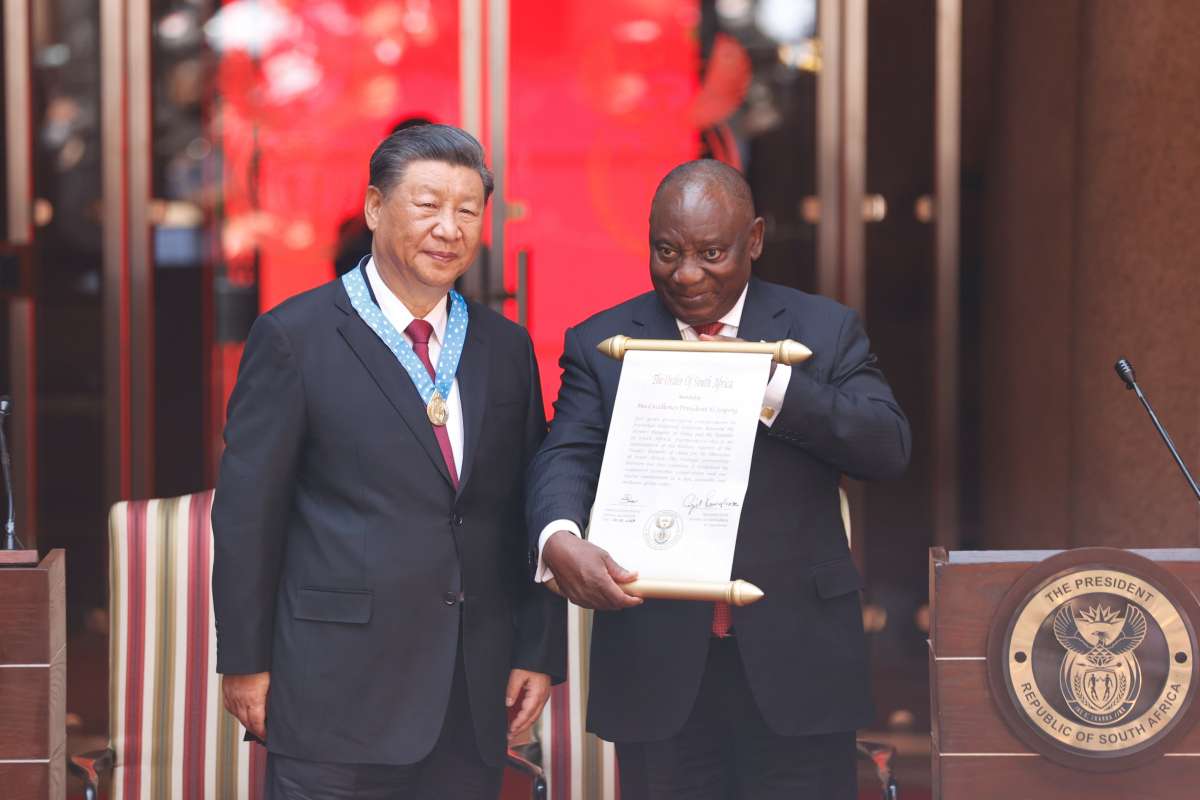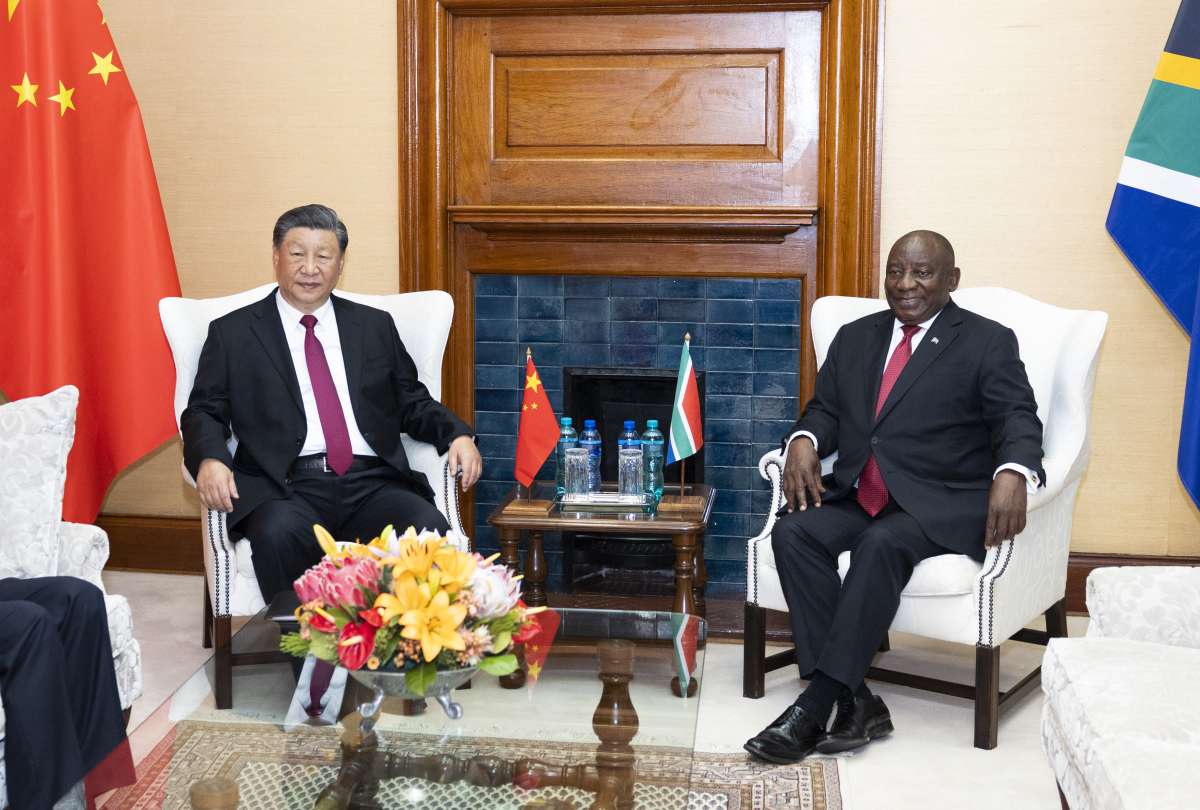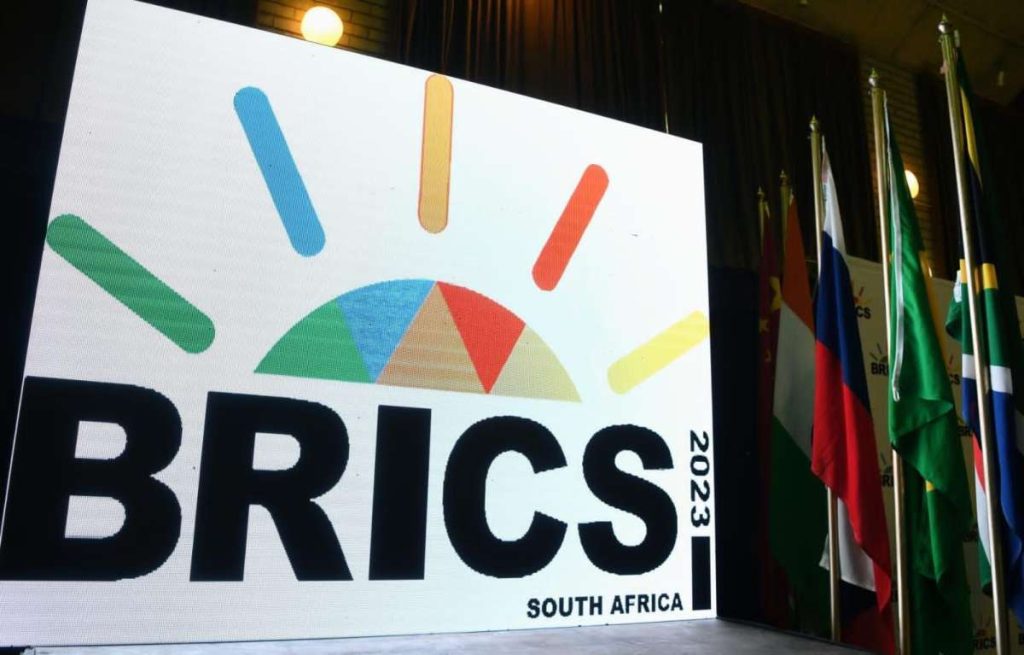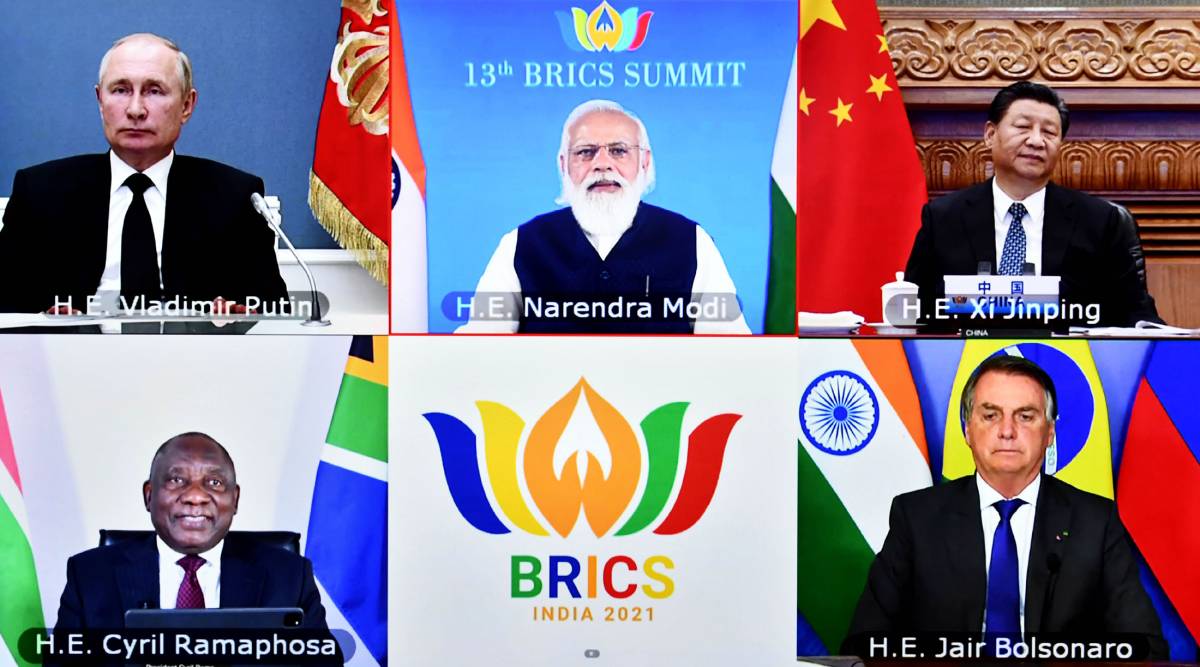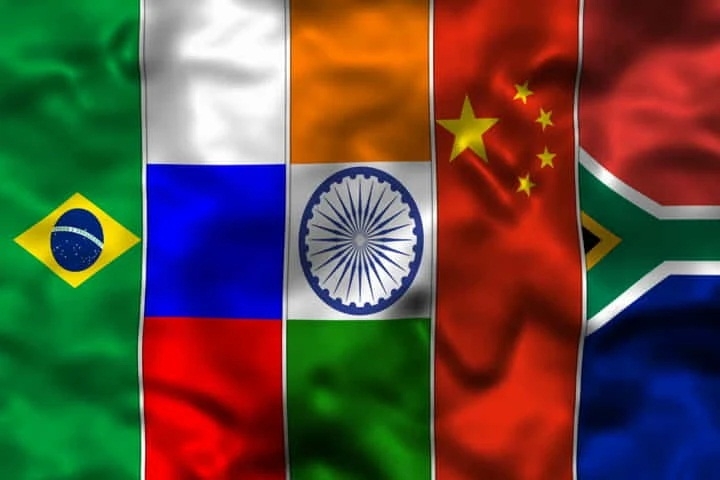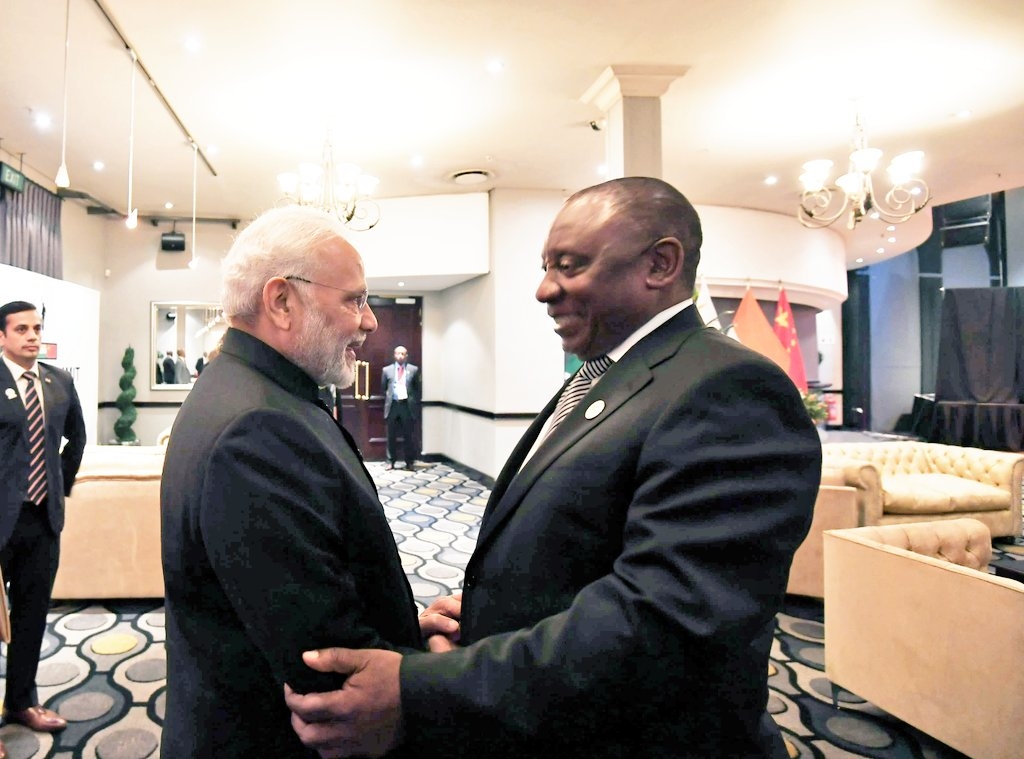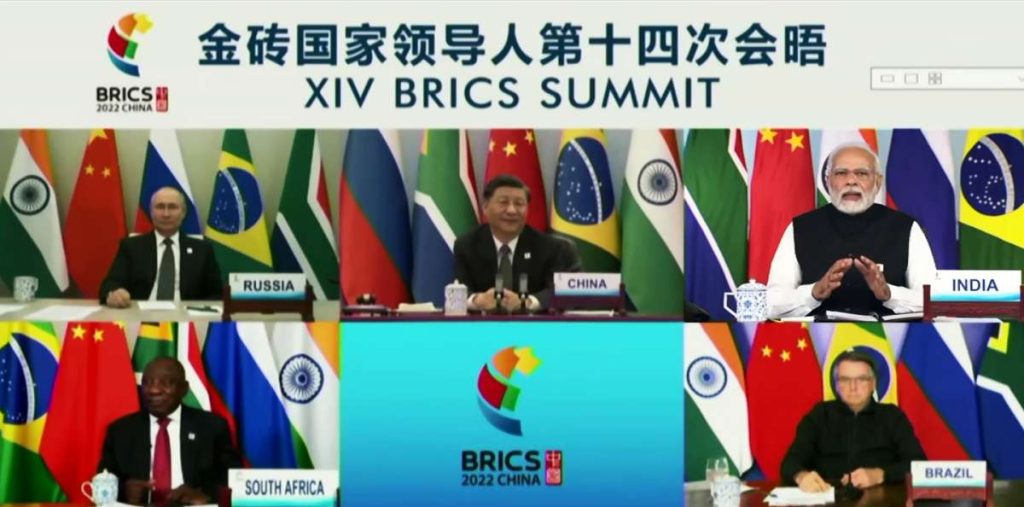Chinese President made the remarks when jointly meeting the press with his South African counterpart, Cyril Ramaphosa, after their talks…reports Asian Lite News
Chinese President Xi Jinping said on Tuesday that China-South Africa ties have gone beyond the bilateral scope and carried global sway.
Xi made the remarks when jointly meeting the press on Tuesday noon with his South African counterpart, Cyril Ramaphosa, after their talks.
Xi said he was delighted to accept the invitation of President Ramaphosa to pay a state visit again to South Africa, the beautiful “rainbow nation,” adding that this is his fourth state visit to South Africa as the Chinese president.
This year marks the 25th anniversary of China-South Africa diplomatic ties, Xi said, noting that during the past 25 years, China-South Africa ties have achieved leapfrog development, with strategic mutual trust reaching a new height, cooperation in various fields moving forward in a comprehensive manner, and multilateral coordination becoming even closer.
Currently, the Communist Party of China is uniting and leading the Chinese people to push forward the great rejuvenation of the Chinese nation on all fronts with Chinese modernization, and South Africa is actively and independently exploring a development path suited to its national conditions as well, Xi said, adding China-South Africa relationship faces new development opportunities.
Recalling the fruitful meeting he just held with Ramaphosa, Xi said they exchanged views on the development of bilateral ties in the new era as well as the international and regional issues of common concern, reaching important consensus.
They also witnessed the signing of a series of important bilateral cooperation documents, he said, expressing full confidence on the future prospects of friendly cooperative relations between the two countries.
Xi said he and Ramaphosa agreed that China and South Africa should be strategic partners with high mutual trust, urging the two sides to keep the good momentum of high-level exchanges, strengthen communication and cooperation in various fields, continue to deepen political mutual trust, enhance communication in the experience of state governance, and continue to support each other on issues of core interests and major concern.
They agreed that the mutually beneficial and pragmatic cooperation between China and South Africa has achieved fruitful results, and both sides should be development partners for common progress, he noted.
Xi said the two sides need to strengthen the alignment of development strategies, implement the nine programs put forward at the China-Africa Cooperation Forum and the 10 Years Strategic Programme on Cooperation between China and South Africa (2020-2029), solidify the cooperation in areas of strength, and foster new growth points for cooperation.
China is ready to import more quality products from South Africa and will continue to encourage Chinese enterprises to invest and do business in South Africa, he noted, adding that the two sides will deepen bilateral cooperation in such areas as electric power, new energy as well as scientific and technological innovation.
Both sides highly value the empathy between the two peoples, and pledge to be friendly partners with mutual understanding and affection, Xi said, adding that the two countries must insist on putting people at the center of their cooperation, and let the cooperative results better benefit their people.
The Chinese side supports the South African government’s efforts in strengthening vocational education and promoting youth employment, Xi noted, adding that both sides agreed to enhance exchanges and cooperation in areas such as education, science and technology, culture and tourism.
Xi said the two leaders agreed that as major developing countries and emerging economies with important influence, China and South Africa need to be global partners in safeguarding justice.
He urged the two sides to strengthen strategic coordination, practice true multilateralism and work to increase the representation and voice of the Global South countries in global governance.
China firmly supports African integration, backs the African Union to make substantial progress this year in joining the Group of 20, and encourages South Africa to play a bigger role in international and regional affairs.
Noting that the BRICS summit is about to open, Xi pointed out that under the current circumstance, this summit bears great significance for BRICS countries to solidify unity and cooperation, and promote the BRICS cooperative mechanism to develop and grow further.
As the rotating chair of BRICS, South Africa has made great preparation for the summit, which is highly appreciated by the Chinese side, Xi said, stressing that with the joint efforts of relevant parties, this year’s BRICS summit is bound to be successful.
Xi said that he will co-chair with Ramaphosa the China-Africa Leaders’ Dialogue on Thursday, which is the first face-to-face group meeting between Chinese and African leaders since the COVID-19 pandemic, expressing his expectation to draw a new blueprint for China-Africa unity and cooperation with other African leaders, and inject fresh and strong vitality into the development of the China-Africa comprehensive strategic cooperative partnership.
For his part, Ramaphosa said he is delighted to receive Xi to pay his fourth state visit to South Africa at the time of the 25th anniversary of bilateral diplomatic ties.
The South African people are sincerely grateful to the Chinese government and the people for their valuable support to South Africa’s anti-apartheid movement and national development, as well as the large amount of medical supplies assistance to South Africa in its fight against the COVID-19 pandemic, he added.
Ramaphosa said he reiterated with Xi that the two countries will continue to firmly support each other on issues of core interests and major concern.
The two leaders agreed to deepen bilateral cooperation in trade and investment, further expand the mutually beneficial cooperation in such areas as infrastructure, tourism, education and digital economy, and enhance international coordination on major international and regional affairs.
Ramaphosa thanked the Chinese side for its committed support to South Africa in successfully holding the 15th BRICS Summit, saying that he looks forward to working with Xi and other BRICS leaders to increase the voice of BRICS and the Global South countries in global governance, and promote the construction of a more just and rational international order.
He also expressed his expectation to co-chair the China-Africa Leaders’ Dialogue with Xi, and to discuss the deepening of Africa-China cooperation, which, the South African president believes, will definitely boost Africa’s industrialization and integration processes, and help the Global South countries to achieve common development and prosperity.

